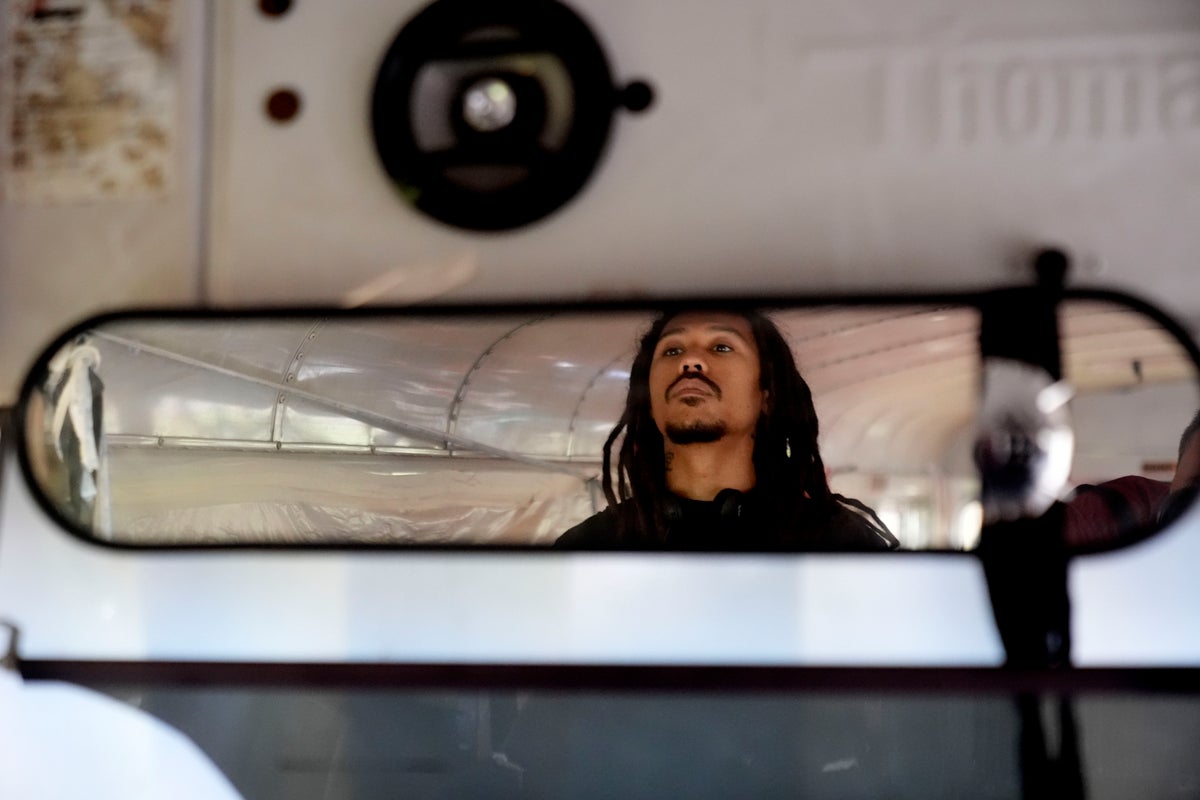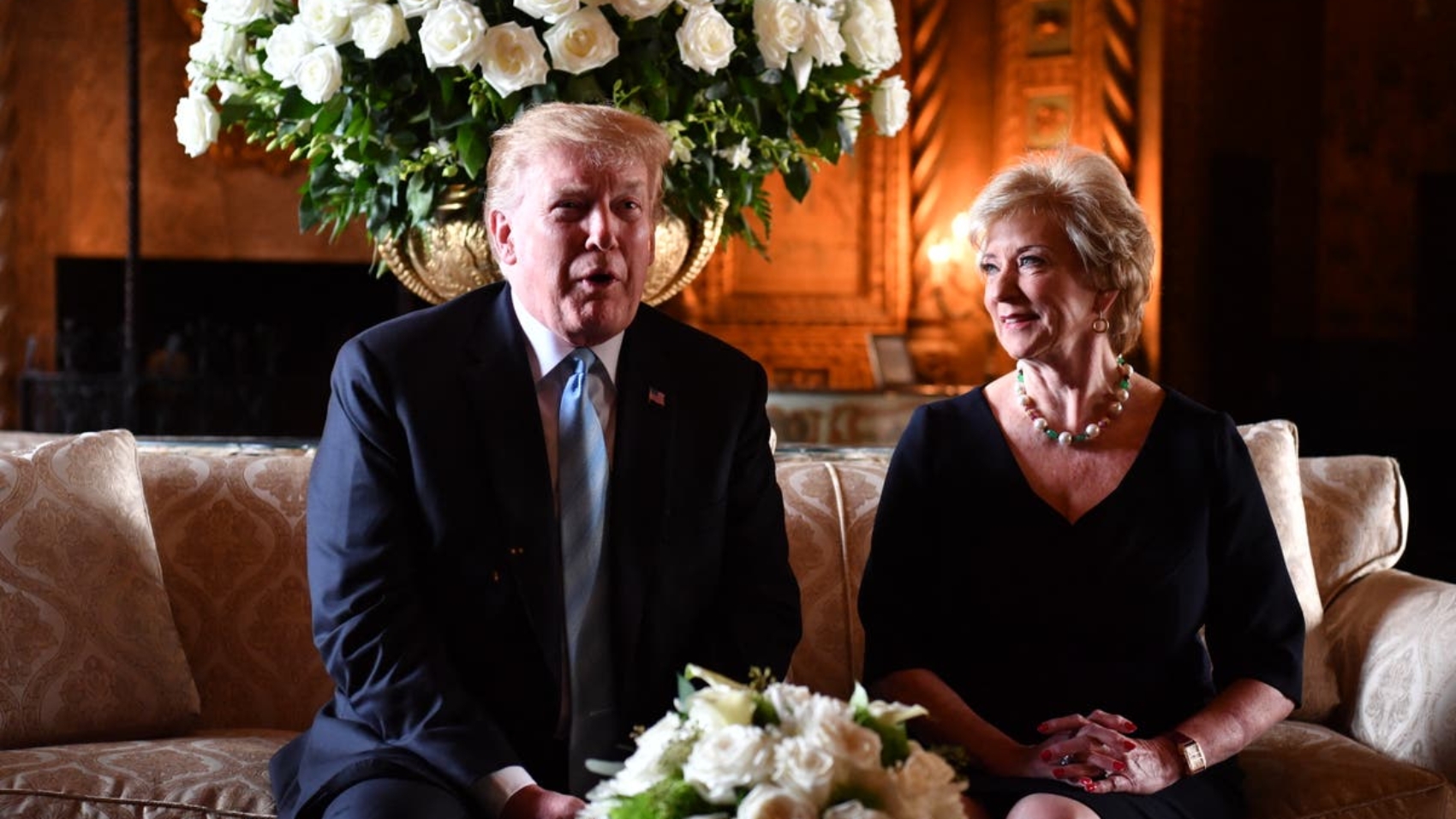
Your help helps us to inform the story
From reproductive rights to local weather change to Huge Tech, The Impartial is on the bottom when the story is growing. Whether or not it is investigating the financials of Elon Musk’s pro-Trump PAC or producing our newest documentary, ‘The A Phrase’, which shines a light-weight on the American ladies combating for reproductive rights, we all know how essential it’s to parse out the info from the messaging.
At such a vital second in US historical past, we want reporters on the bottom. Your donation permits us to maintain sending journalists to talk to each side of the story.
The Impartial is trusted by Individuals throughout the whole political spectrum. And in contrast to many different high quality information shops, we select to not lock Individuals out of our reporting and evaluation with paywalls. We consider high quality journalism must be obtainable to everybody, paid for by those that can afford it.
Your help makes all of the distinction.
When Nadege Anelka first got here to the West African nation of Benin from her residence island of Martinique, a French abroad territory within the Caribbean, the 57-year-old journey agent stated she had a sense of deja vu.
“Numerous the individuals jogged my memory of my grandparents, the best way they wore their headscarves, their mannerisms, their mentality,” she stated.
Feeling at residence in Benin, Anelka determined to settle there final July and open a journey company. She hopes to turn into a citizen by benefiting from a legislation handed in September that grants citizenship to those that can hint their lineage to the slave commerce.
The brand new legislation is a part of a broader effort by Benin to reckon with its personal historic position within the slave commerce.
The legislation is open to throughout 18 who don’t already maintain different African citizenship and may present proof that an ancestor was deported by way of the slave commerce from wherever in sub-Saharan Africa. Beninese authorities settle for DNA exams, authenticated testimonies and household data.
Anelka used “Anchoukaj” (“Affiliation” in Antillean Creole), an internet site acknowledged by Benin to hint her heritage, proving that her ancestors had been slaves in Martinique. If her software is profitable, she is going to obtain a provisional certificates of nationality legitimate for 3 years. To get citizenship, she’ll be required to remain no less than as soon as in Benin throughout that interval.
Benin just isn’t the primary nation to grant citizenship to descendants of slaves. Earlier this month, Ghana naturalized 524 African Individuals after the West African nation’s president, Nana Akufo-Addo, invited them to “come residence” in 2019, as a part of the four-hundredth anniversary of the arrival of the primary enslaved Africans in North America in 1619.
However Benin’s citizenship legislation carries added significance partly due to the position it performed within the slave commerce as one of many details of departure.
An estimated 1.5 million slaves had been deported from the Bight of Benin, a territory that features modern-day Benin and Togo and a part of modern-day Nigeria, stated Ana Lucia Araujo, a professor of historical past at Howard College who has spent years researching Benin’s position.
The coastal city of Ouidah was one in every of Africa’s most energetic slave-trading ports within the 18th and nineteenth centuries. Near 1,000,000 males, ladies and kids had been captured, chained and compelled onto ships there, primarily destined for what would turn into the USA and Brazil and the Caribbean.
Benin has struggled to resolve its legacy of complicity. For over 200 years, highly effective kings captured and bought slaves to Portuguese, French and British retailers.
The kingdoms nonetheless exist at this time as tribal networks, and so do the teams that had been raided. Rumors that President Patrice Talon is a descendant of slave retailers sparked a lot debate whereas he was working for workplace in 2016. Talon has by no means publicly addressed the rumors.
Benin has brazenly acknowledged its position within the slave commerce, a stance not shared by many different African nations that participated. Within the Nineteen Nineties, Benin hosted a world convention, sponsored by UNESCO, to look at how and the place slaves had been bought.
And in 1999, President Mathieu Kérékou fell to his knees whiling visiting a church in Baltimore and issued an apology to African Individuals for Africa’s involvement within the slave commerce.
Alongside this nationwide reckoning, “memorial tourism” centered across the legacy of the slave commerce has turn into a key technique of Benin’s authorities to draw foreigners.
Memorial websites are principally in Ouidah. They embrace the “Door of No Return,” which marks the purpose from which many enslaved individuals had been shipped throughout the Atlantic, in addition to the city’s historical past museum.
On the “Tree of Forgetfulness,” enslaved individuals had been stated to be symbolically compelled to neglect their previous lives.
“Reminiscences of the slave commerce are current on each side of the Atlantic, however solely one in every of these sides is well-known,” stated Sindé Cheketé, the pinnacle of Benin’s state-run tourism company.
Nate Debos, 37, an American musician residing in New Orleans, discovered about Benin’s citizenship legislation whereas visiting for the Porto Novo masks competition. He had by no means been to West Africa earlier than, however his curiosity within the Vodun faith led him there.
Debos is the president of an affiliation referred to as New Orleans Nationwide Vodou Day. It mirrors Benin’s Vodun Day, a nationwide vacation on Jan. 10 with a competition in Ouidah celebrating Vodun, an official faith in Benin, practiced by no less than 1,000,000 individuals within the nation.
It originated within the kingdom of Dahomey — within the south of present-day Benin — and revolves across the worship of spirits and ancestors via rituals and choices. Slavery introduced Vodun to the Americas and the Caribbean, the place it grew to become Vodou, a mix with Catholicism.
“Vodou is likely one of the chains that connects Africa to the Americas,” stated Araujo, the professor. “For enslaved Africans, it was a method of resisting slavery.”
European colonial powers and slave house owners sought to suppress African cultural and non secular practices. Vodun was preserved via syncretism, as African deities and spirits had been merged with or disguised as Catholic saints.
“Our African ancestors weren’t tribal savages, that they had subtle cultures with very noble and delightful non secular practices,” Debos stated.
He now seeks to ascertain extra partnerships with collectives practising Vodun in Benin, which might require him to remain within the nation for longer durations. He’ll apply for citizenship, however not with an intention to maneuver there completely.
“On the finish of the day, I’m an American, even when I’m dressed within the great materials and fits they’ve in Benin,” Debos stated.
Anelka, the journey agent now residing in Benin, stated her motivations behind getting Beninese citizenship are principally symbolic.
“I do know I’ll by no means be utterly Beninese. I’ll all the time be thought of a foreigner” she stated. “However I’m doing this for my ancestors. It’s a approach to reclaim my heritage, a method of getting reparation.”
___
The Related Press receives monetary help for world well being and growth protection in Africa from the Gates Basis. The AP is solely answerable for all content material. Discover AP’s requirements for working with philanthropies, an inventory of supporters and funded protection areas at AP.org.
#Benin #grants #citizenship #slave #descendants #reckons #historical past #commerce
The Impartial
#Benin #grants #citizenship #slave #descendants #reckons #historical past #commerce
Mark Banchereau , 2024-12-14 04:04:00







